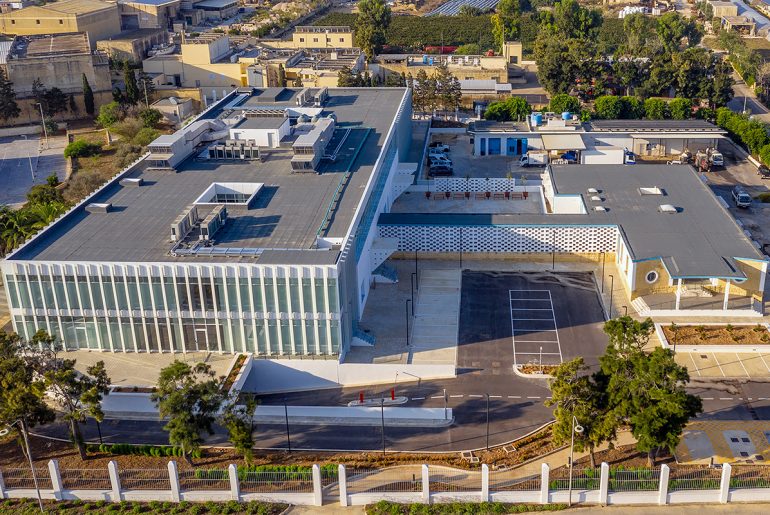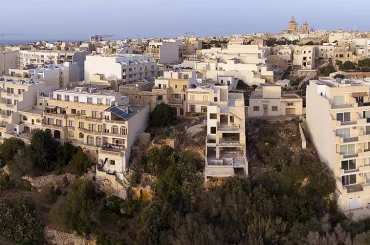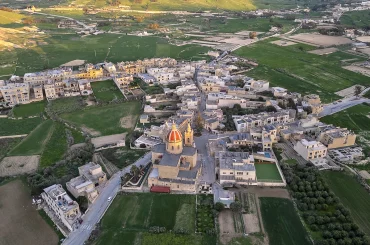Gozitans employed by the State have been the worst affected by a remote work policy that has regressed from the previously more progressive or generous arrangements. It has also left some Gozitan civil servants working from a coworking office in Gozo that undermines “concentration.”
The new policy, which was formulated last April and became fully effective in June, has led to much grumbling among civil servants nationwide who had their work-from-home time curtailed.
Yet Gozitans have been the worst affected due to longer and further commute times. Many Gozitans who had gotten used to mostly working from home suddenly found themselves having to start commuting to the office in Malta once again more regularly.
Charlene Muscat of the Association of Gozitan Employees in Malta told this website: “The sentiment among many of our members is that things have gone backwards [with the new arrangements].”
The regressive policy was laid out in a circular last April by the principal permanent secretary, Tony Sultana. The circular gave a positive spin of the package of changes – it asserted that State employees shall “benefit from improved measures and the introduction of modern work practices for enhanced work-life balance.” The changes announced included flexible office hours, and the possibility of condensing the 40-hour work week into four days or stretching it over six days.
A press release that announced the changes led to positive coverage on the mainstream media.

Yet the new policy constrained the amount of work-from-home for State employees to one day a week, extendable to two days weekly for those who have dependents at home – young children as well as other dependents. It can also be extended in “other exceptional cases at the discretion of the Permanent Secretary.”
Prior to the new policy, many civil servants were working from home substantially more than once or twice weekly – some departments had even changed to remote work computer systems – and the new policy suddenly narrowed the work-from-home arrangements.
No reason was given in the circular for narrowing the extent of work-from-home.
But some departments or ministries, as well as State authorities or agencies, have continued to offer their employees work-from-home arrangements wider than specified in the policy. This website is withholding the names of such entities at the request of sources.
Gozitans working out of coworking office
The Association of Gozitan Employees in Malta has been calling for the fact of being resident in Gozo to be added to the criteria of justification for extended work-from-home arrangements.
This website’s enquiries has also found that a number of Gozitans have been allowed to work out of a coworking office in Gozo’s so-called Innovation Hub, something of a compromise arrangement. Although details on extent of work and number of users remain sketchy – employees contacted by this website were reluctant to divulge much out of fear of having the arrangement disrupted – it appears that some are working out of the hub on a regular basis. In this way, instead of going to work at the premises of the respective ministry or department in Malta, they work out of the government-run co-working office in Gozo.

Sources have said that the coworking office at the hub is less ideal than working from home because it lacks private rooms for making conference calls or other calls. Such rooms are normally a standard fixture in coworking offices: it allows those who share the office space to go into such rooms for calls or conference calls so that they would not disrupt others who share the coworking space, and also to have privacy during such calls. Yet the coworking office at the hub only has enclosures that screen the person within, but are not closed off to isolate the voice of the person during the conference call.

The sources have said that the existing arrangement means that users are overheard talking during conference calls, and this “does not aid concentration” of those sharing the office. Others have said they are uncomfortable making calls due to lack of privacy.
Charlene Muscat, of the Association of Gozitan Employees in Malta, has suggested that each department ought to have its own coworking office in Gozo.
Sustain Analyses & Insight
Robustly researched and professionally delivered analyses and insight features on this website take much time, effort, and resources to produce. This website's donation setup itself is uniquely transparent, with targeted amounts – of just €50 every month for analyses – that allow tracking of donations in real time on the page. Contribute as little as €5.





